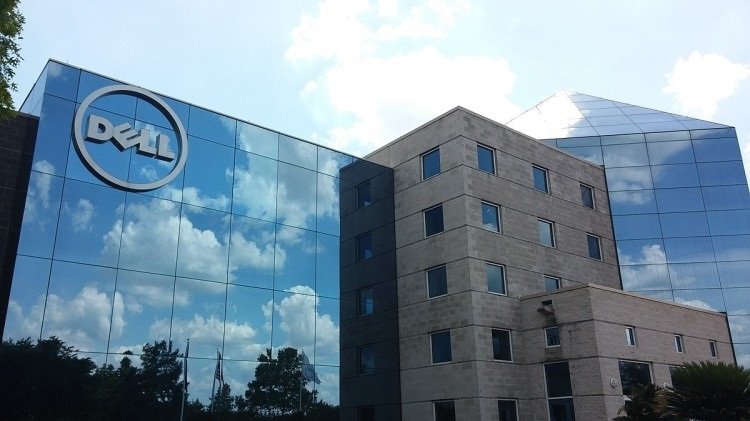Dell Technologies announces new cloud and IT offerings, co-engineered with VMware, to speed how organizations consume, manage and act on critical data.
Dell Technologies APEX Cloud Services with VMware Cloud provides secure and consistent operations across multi-cloud environments. The new Infrastructure-as-a-Service offering gives organizations the ability to move workloads across multiple cloud environments and scale resources quickly with predictable pricing and transparent costs. To help organizations safeguard their data and avoid potential threats to their business, the dell-managed offering assists organizations to meet local regulatory requirements and helps protect them from malicious attacks with built-in cyber resiliency. Built on infrastructure that delivers 99.9999% availability1 and offers a time-to-value for the initial deployment in as few as 14 days.
Using the APEX Console, organizations can subscribe to, monitor and optimize the service. For many common workloads, Dell has preconfigured cloud instances, making it easier for customers to get started. Organizations can deploy APEX Cloud Services with VMware Cloud in their datacenter, at an edge location or co-location facility with partners such as Equinix.
The offering can be used with VMware Tanzu, allowing customers to build, test and run cloud-native applications alongside traditional applications. Customers can migrate workloads across multiple clouds with VMware HCX, included in the service, which eliminates the need to re-architect applications for different cloud environments.
ObjectScale software speeds innovation and drives down costs
Dell EMC ObjectScale software allows organizations to run next-generation, Amazon S3-compatible object storage alongside virtual machines, helping lower development costs and drive application innovation. Dell Technologies and VMware bring Kubernetes-native, software-defined object storage to VMware vSphere with Tanzu and the vSAN Data Persistence Platform. By providing developers with self-service storage in a private cloud operating model, ObjectScale helps IT manage and scale with ease using familiar VMware tools.
ObjectScale also extends the reach of Dell EMC VxRail to power modern workloads such as AI, analytics and cloud-native applications that require S3. When coupled with VxRail, the ObjectScale software allows IT staff to apply their existing skills with VMware tools to support the cloud-native storage modern applications require. Customers gain the benefit of a jointly engineered solution set between VMware, VxRail and ObjectScale to speed digital transformation.
Validated Design for AI applies artificial intelligence to virtualized environments
Dell Technologies Validated Design for AI delivers the next generation of AI-powered applications like modeling and allows IT professionals to apply a consistent approach to AI in virtualized environments. Using the NVIDIA AI Enterprise software suite running on NVIDIA-Certified Systems, this industry-first offering between Dell, VMware and NVIDIA delivers a AI-ready enterprise platform. Dell Technologies Validated Design for AI allows organizations to quickly and easily apply AI to data — speeding configuration and integration by up to 20%. The validated design is available on Dell EMC VxRail, PowerScale and PowerSwitch.
“Making AI accessible to enterprises requires an optimized, full-stack solution that integrates seamlessly with the infrastructure and ecosystems IT teams use every day,” said Manuvir Das, head of Enterprise Computing at NVIDIA. “Dell Technologies Validated Design for AI brings together the leading technologies of NVIDIA, VMware and Dell. It enables enterprises to run demanding AI workloads across hybrid clouds, using familiar VMware management and automation tools.”
The latest offerings build on Dell’s announcement of Dell EMC SmartFabric Storage Software. Speeding the transition to next generation IT Infrastructure, SmartFabric Storage Software will allow organizations transition to high-performance, low latency and cost-effective IP-based storage area networks.











